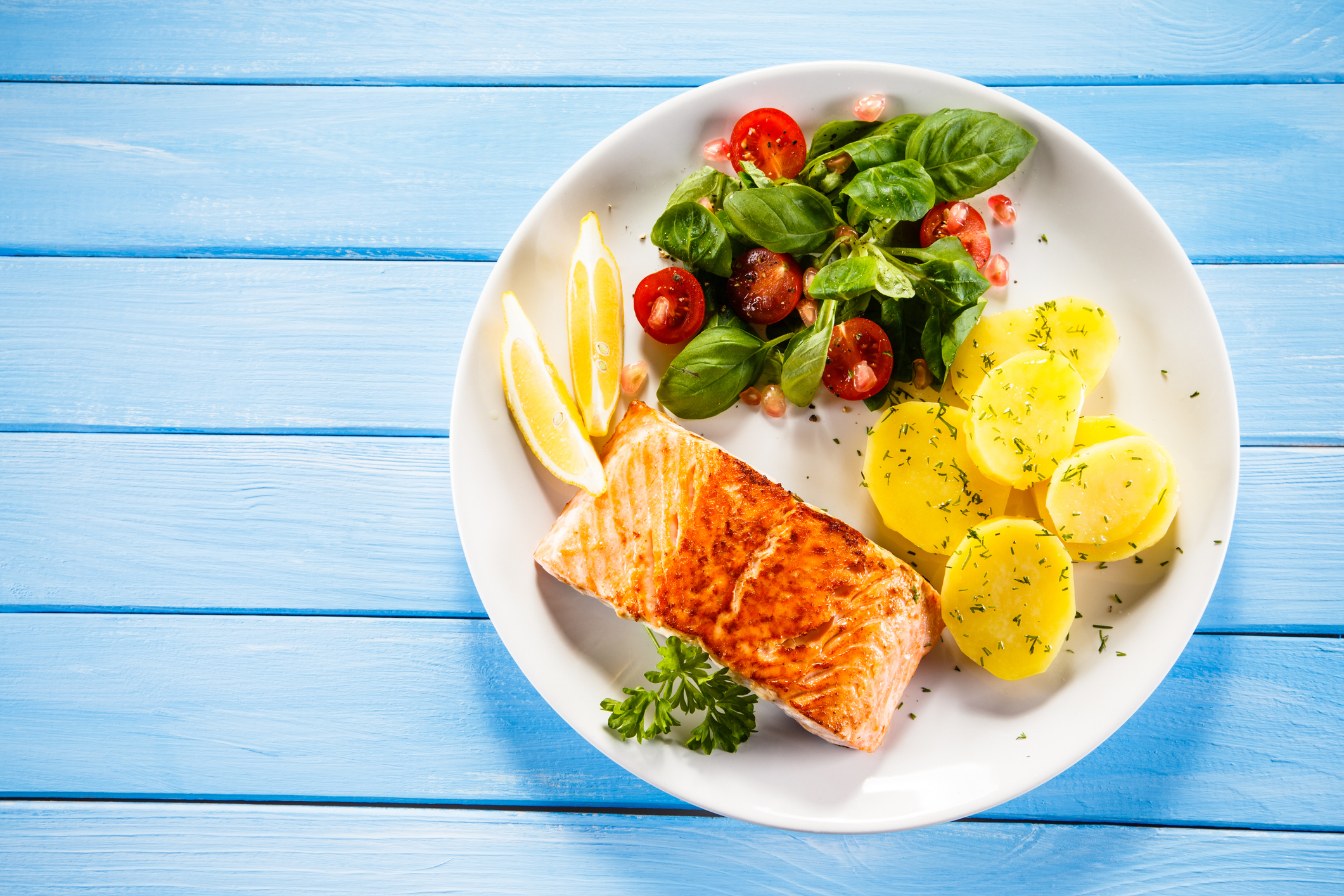Portion Control: Your Guide to Healthy Portions
SEP 09, 2024If your goal is either weight maintenance or weight loss, portion control can be a valuable tool to help you eat healthy.
Read More
Sometimes after surgery, or just in general, someone will follow a clear liquid diet. However, a bariatric clear liquid diet is even more specific than that.
The bariatric clear liquid diet you are required to follow after surgery is essential because it does two important things: aids in your recovery and helps you avoid complications. It’s also very specific in one key way: bariatric clear liquids are sugar-free liquids. That means everything must be sugar-free – including popsicles, Jell-o and fruit juice.
Going sugar-free isn’t just for weight loss. Even small amounts of sugar are difficult for the body to tolerate post-surgery and tend to cause dumping syndrome – the rapid gastric emptying that happens when sugar moves from your stomach into your small bowel too quickly. This is not only uncomfortable for you, it can slow your recovery.
It is also essential to keep well hydrated after bariatric surgery because dehydration slows healing and can even cause you to be readmitted to the hospital. Staying hydrated can be challenging because you can’t simply down a glass of water when you’re thirsty. Drinking too quickly can lead to sudden vomiting. After surgery, you need to plan to sip water throughout the day.
Carefully following the post-surgery diet will help you avoid side effects and complications from surgery. It also helps get you used to consuming the smaller amounts which your stomach can comfortably and safely digest. Gradually, you will be able to advance your diet. Be patient with the process and ask for help if you are having any difficulties. We want to help you progress and succeed!
If you have questions, feel free to reach out to our CHI Health Weight Management Office - (402) 572-3684.

If your goal is either weight maintenance or weight loss, portion control can be a valuable tool to help you eat healthy.
Read More
Keep yourself energized with healthy foods so you can feel your best all summer long.
Read More
Smart grocery shopping is an important part of eating healthy. One of the simplest places to start is by creating a menu for yourself so you know what to buy.
Read MoreWhen you need local health information from a trusted source, turn to the CHI Health Better You eNewsletter.